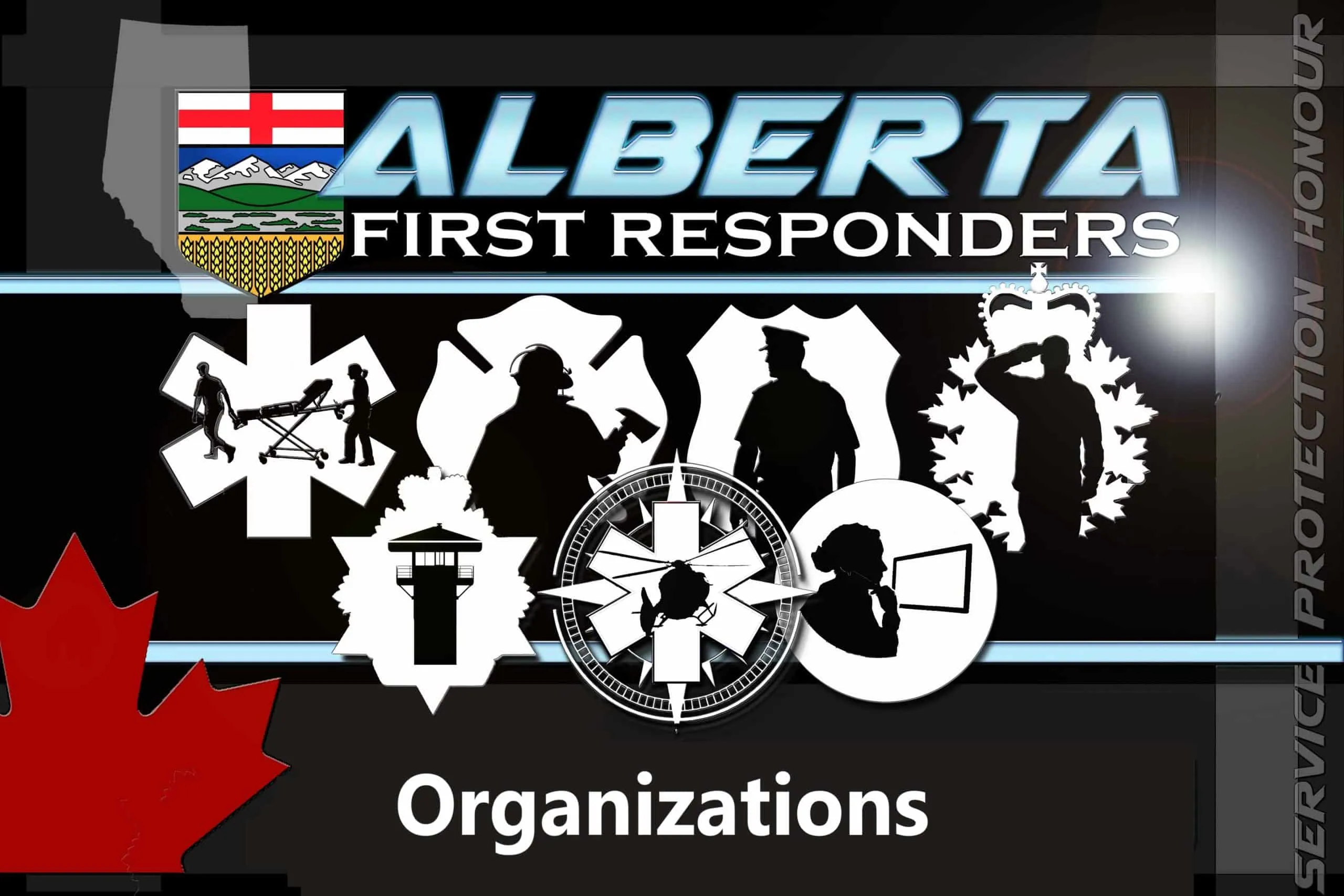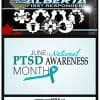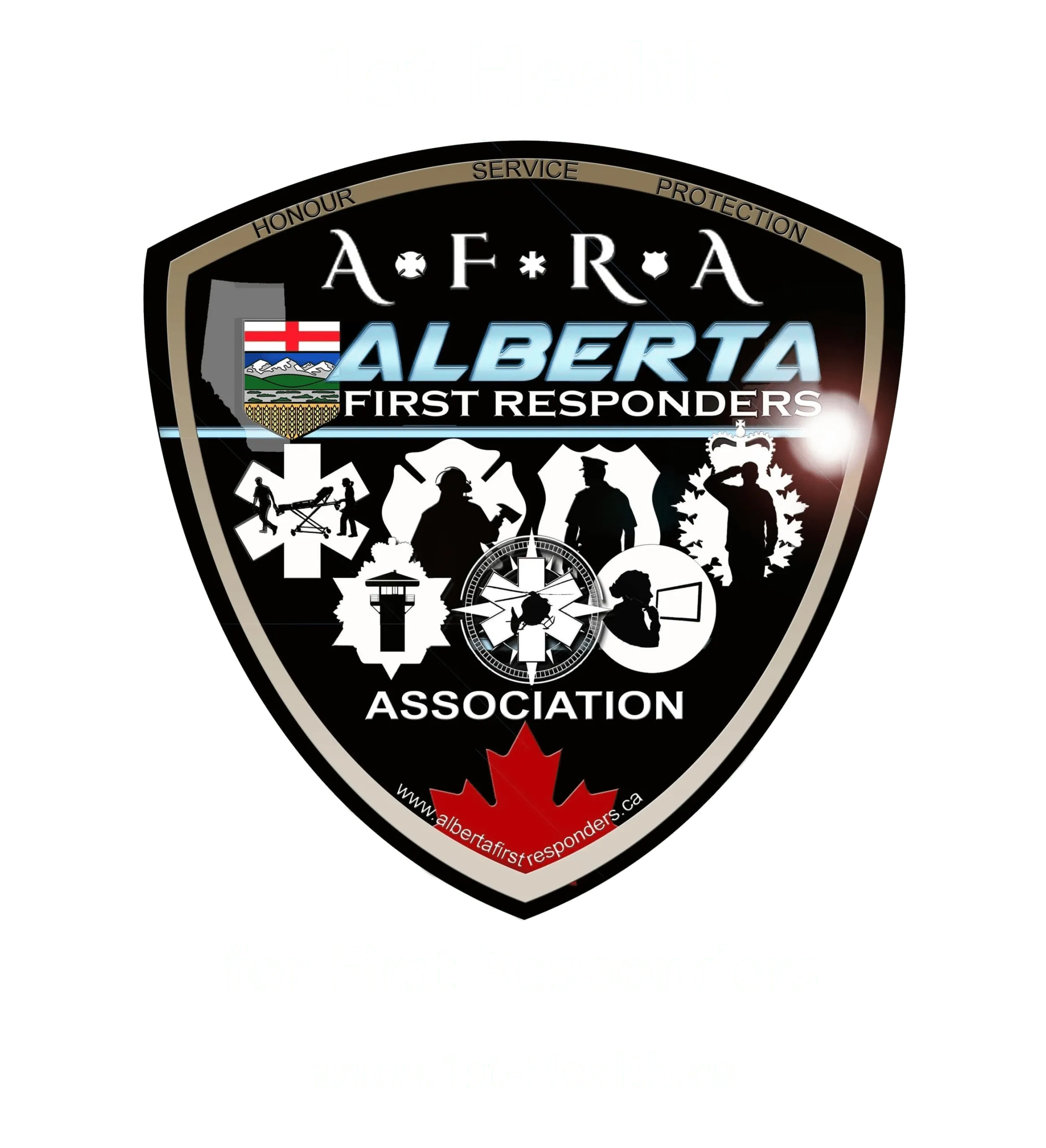As first responder organizations, we understand the unique and profound impact their profession has on these individuals. The “AFRA Round Table Symposium 2025 – Session Results” highlights that the job demands incredible strength, resilience, and sacrifice, with first responders facing unique challenges that can lead to physical and mental injuries. The symposium emphasizes that “a decline in physical or mental health inevitably impacts the other,” underscoring the necessity of a comprehensive approach to health. Adopting best practices, as outlined in the symposium, ensures that organizations proactively address these challenges, fostering a culture of health and support rather than reacting to crisis.
Why Adopt this Program
Why First Responder Organizations Should Adopt these Best Practices
Benefits for First Responder Organizations
Adopting the best practices in first responder support programs offers numerous benefits for organizations:
Improved Health Outcomes and Reduced Injuries:
By implementing regular physical and mental health assessments, organizations can identify early signs of decline, allowing for timely rest and care for minor injuries, which prevents escalation. The symposium states that “early intervention is key” to improving health outcomes and that “identifying risks is key to providing appropriate training and tools to avoid or reduce injuries.” The “1st Health” program’s focus on understanding stress and trauma and providing coping mechanisms directly contributes to reducing the impact of traumatic incidents and repeated exposure, thereby minimizing injuries.
Enhanced Resilience and Performance:
Training and education, such as those provided by the “1st Health” modules, play a vital role in fostering strong, lasting health habits and building resilience. By equipping first responders with strategies to manage stress and enhance coping, organizations contribute to their sustained ability to perform effectively in demanding situations.
Reduced Stigma and Improved Culture:
The “1st Health” program explicitly aims to reduce stigma, promoting the idea that “seeking support is seen as a sign of strength and proactive self-care, not weakness.” When organizations mandate and embrace these principles, they cultivate a supportive culture where individuals feel safe to seek help without fear of judgment. This open and accepting environment can lead to better communication and early identification of issues.
Stronger Organizational Support Systems:
Implementing these best practices ensures that support is “easily accessible, timely, and will not financially burden the recipient.” This includes tailoring support to individuals and incorporating families into health plans and support systems. When support is readily available and comprehensive, it reinforces the organization’s commitment to its personnel.
Proactive and Preventive Approach:
Rather than waiting for issues to become critical, adopting these best practices enables organizations to take a proactive and preventive stance on first responder well-being. This includes ongoing mandatory health training for all staff, with core health messages starting at recruiting, which can “reduce or prevent trauma-related injuries.”
Strengthened Community and Collaboration:
The AFRA Round Table Symposium itself is an example of a “collaborative, collective, community approach” to mental health support and suicide prevention. By adopting best practices, organizations can foster a collective, community-driven approach to support programs, ensuring that individualized health plans are comprehensive and effective through shared knowledge and resources. In essence, by investing in and implementing these best practices, first responder organizations are not only fulfilling their responsibility to their employees but also building a more resilient, effective, and sustainable workforce.




